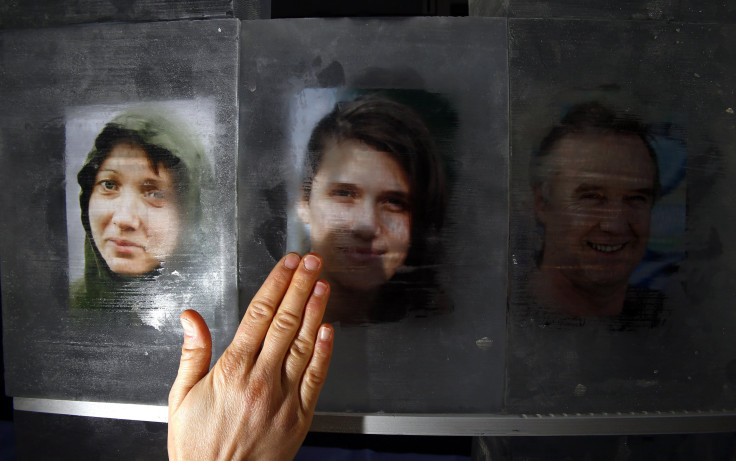International Court Orders Russia To Pay Damages In Arctic Sunrise Case

An international court ordered Russia to pay compensation to the Netherlands for an incident where the nation seized a ship belonging to environmentalist group Greenpeace during a 2013 protest against an offshore oil platform, according to a Monday ruling.
The Permanent Court of Arbitration in The Hague made public the decision taken earlier this month. It found that Russia breached its legal obligations when it arrested and seized the Dutch-flagged Arctic Sunrise and its crew of 30.
The Russian foreign ministry, however, rejected the ruling. "On the whole, we are seriously concerned by the fact that this judgment actually encourages maritime protests which are far from being peaceful and which create impediments for absolutely lawful activities," Russian foreign ministry spokeswoman Maria Zakharova said Tuesday, according to Interfax. "The Russian Federation has not participated in that proceeding and it still believes that the formed arbitration tribunal has no jurisdiction in this case,” she added.
Meanwhile, Dutch Foreign Minister Bert Koenders said in a statement Tuesday that Russia’s stance was “unacceptable” and stressed that the ruling is “binding,” according to Reuters.
If Russia fails to negotiate the compensation award, the Netherlands will reportedly seek a binding ruling on the amount of compensation due. It is unclear whether the crew of the ship is entitled to compensation.
Russia’s treatment of the activists -- who come from 18 countries and were detained for two months -- drew criticism from Western nations. Criminal charges against them were dropped after Russian President Vladimir Putin proposed an amnesty agreement in December 2013.
The incident has chilled relations between Russia and the Netherlands, which have already been strained by the downing last year of Malaysia Airlines flight MH17 over Ukraine.
© Copyright IBTimes 2025. All rights reserved.





















